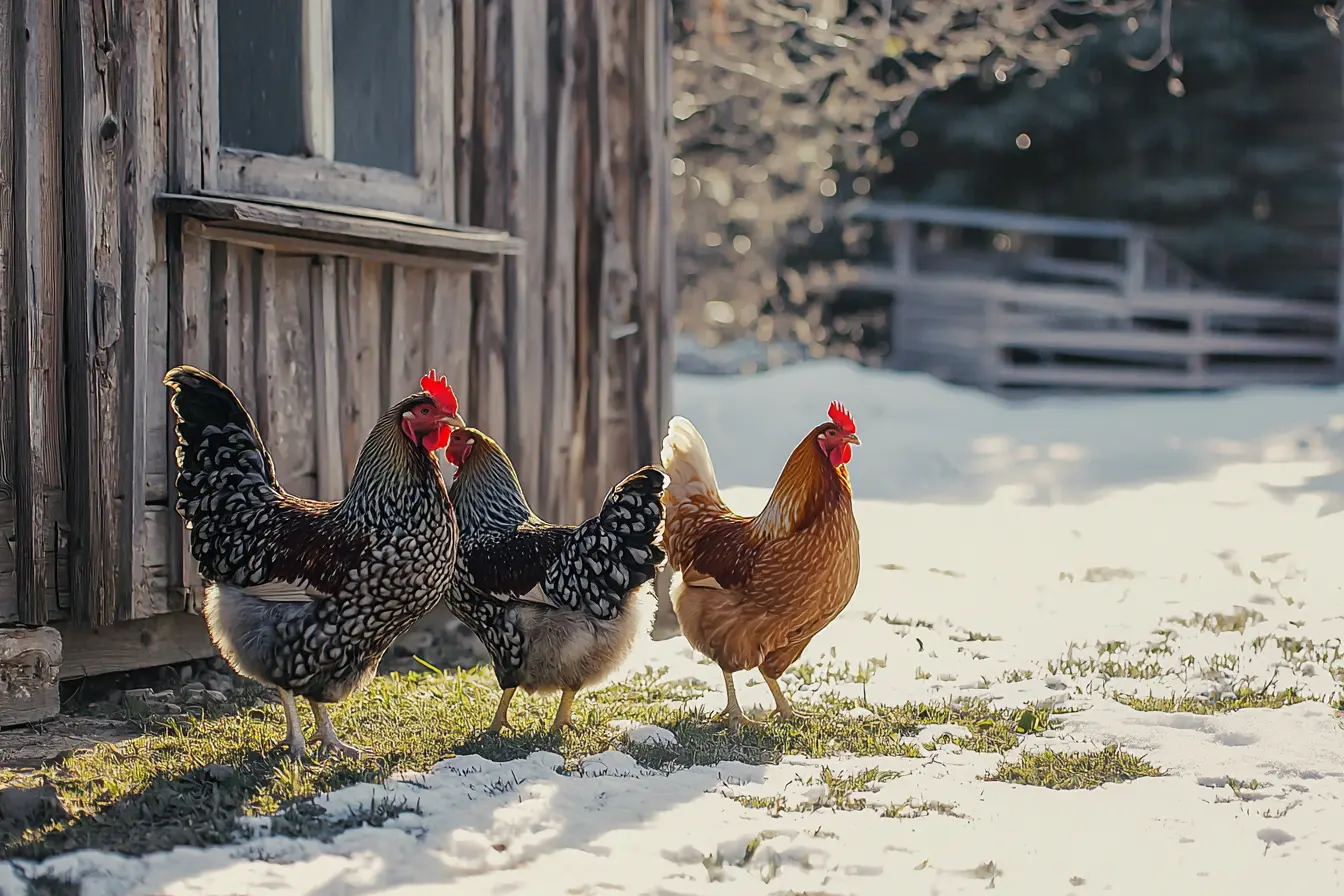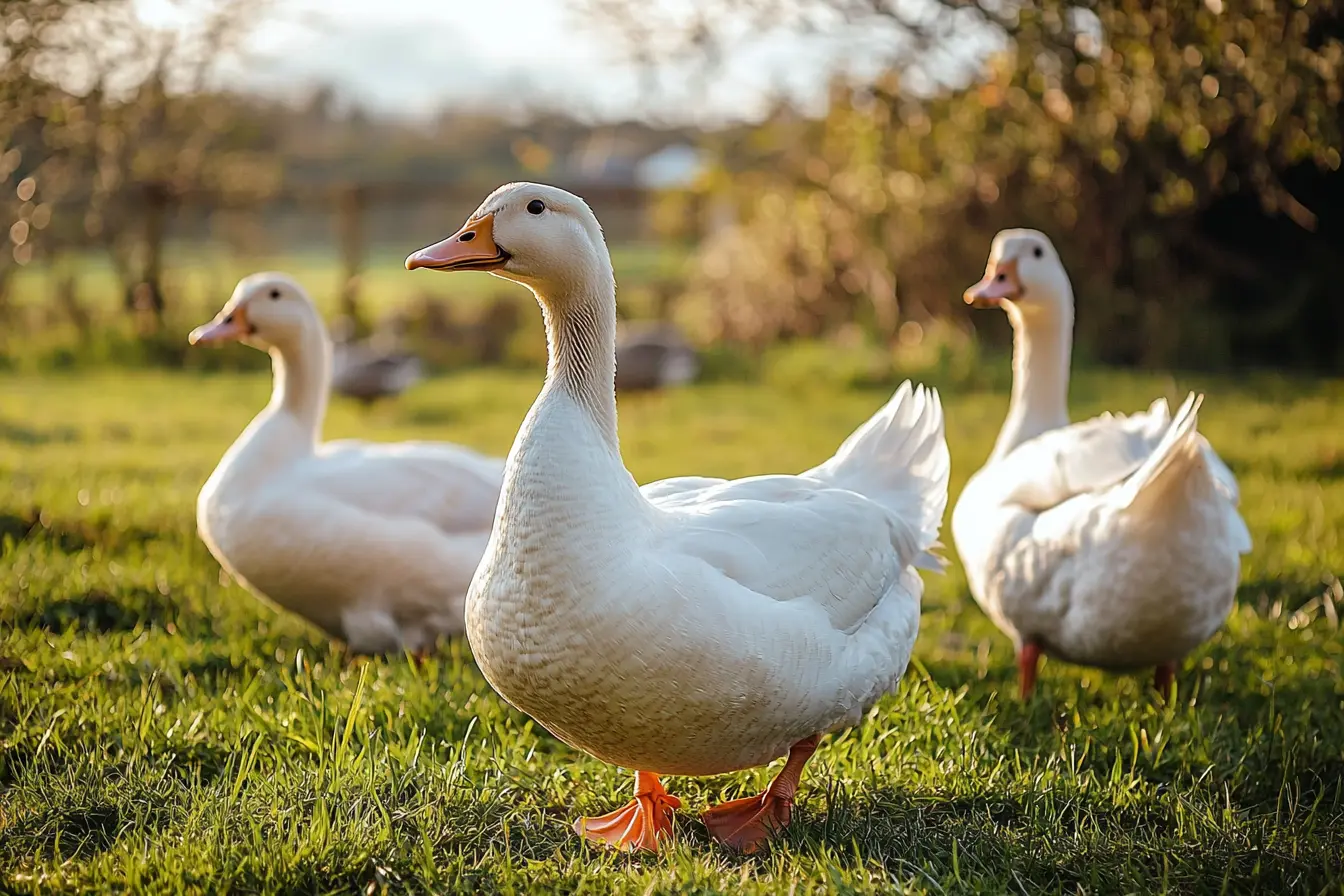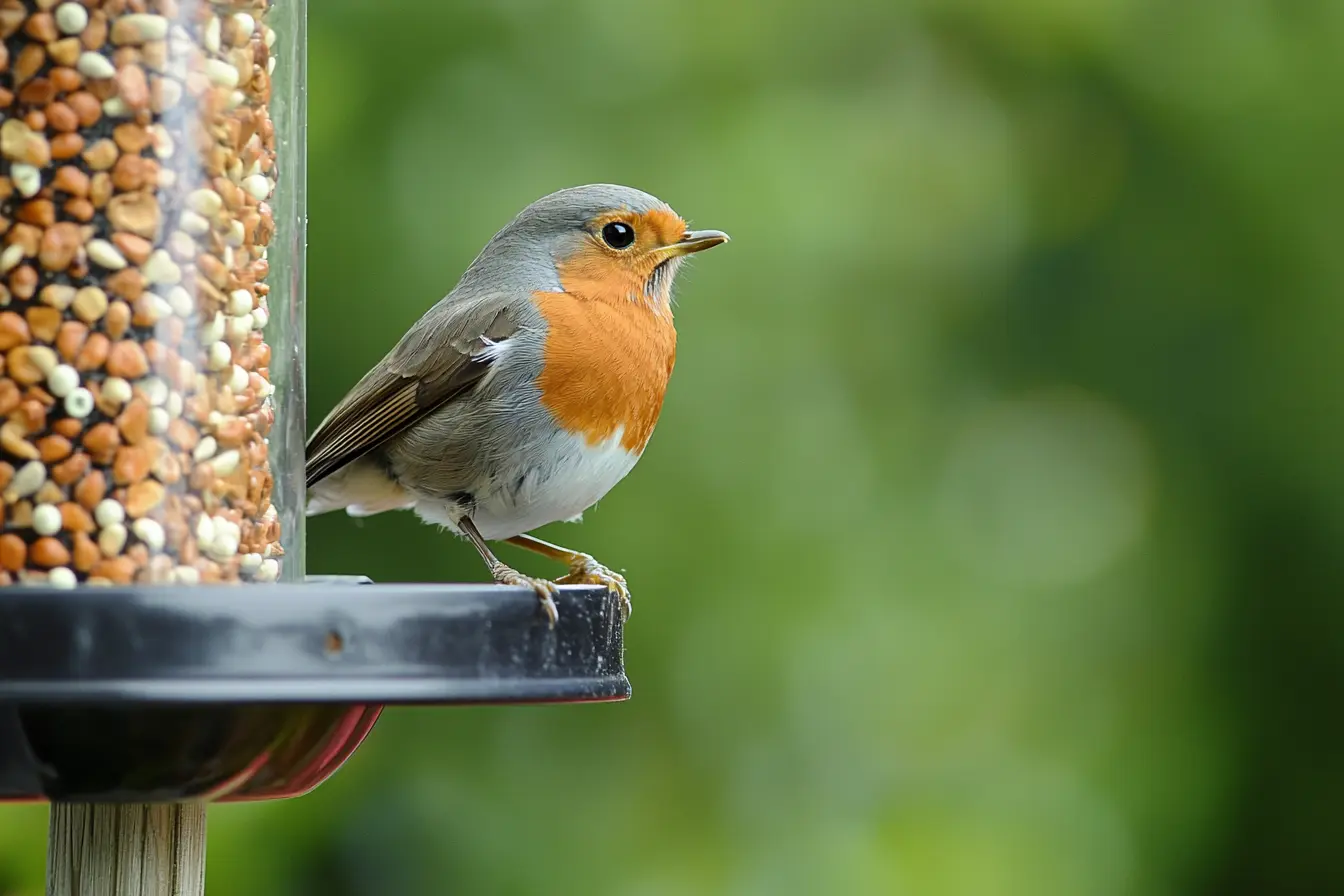
How to Help Prevent the Spread of Avian Flu in Wild Bird Populations in the UK
Avian influenza, commonly known as bird flu, is a highly contagious viral disease that affects both domestic and wild bird populations. While the risk to humans remains low, outbreaks can have devastating consequences for wildlife, agriculture, and biodiversity. In the UK, the spread of avian flu among wild birds is a growing concern, particularly in coastal areas and wetlands where large numbers of birds congregate.
This guide will provide detailed information on how individuals can help prevent the spread of avian flu in wild bird populations. Whether you're a birdwatcher, walker, wildlife enthusiast, or simply someone who spends time outdoors, your actions can make a significant difference.
What is Avian Influenza?
Avian influenza is caused by influenza A viruses, which occur naturally in wild aquatic birds and can infect domestic poultry and other bird species. The virus is present in bird saliva, nasal secretions, and faeces, and it spreads through direct contact or contaminated environments.
There are two categories of avian flu:
- Low Pathogenic Avian Influenza (LPAI): Causes mild symptoms or none at all.
- Highly Pathogenic Avian Influenza (HPAI): Causes severe illness and high mortality rates in birds, with H5N1 being the most concerning strain.
Since 2021, the UK has experienced an unprecedented outbreak of HPAI, affecting both wild birds and poultry.
Why Should We Be Concerned About Wild Birds?
Wild birds, particularly waterfowl like ducks, geese, and swans, are natural carriers of avian flu. They can spread the virus over long distances as they migrate. This poses risks not just to other wild birds but also to poultry farms and, in rare cases, humans.
Outbreaks in wild bird populations can lead to:
- Large-scale die-offs of affected species.
- Disruption of delicate ecosystems.
- Increased transmission risks to domestic poultry and captive birds.
How Can You Help Prevent the Spread?
1. Avoid Direct Contact with Wild Birds
- Do not touch sick or dead birds. If you come across them, report your findings (see reporting section below).
- Keep a safe distance when observing birds, especially in areas where outbreaks have been reported.
2. Practice Good Biosecurity
- Clean your footwear and equipment (e.g., walking sticks, binoculars, boats, fishing gear) after visiting areas where wild birds gather, such as wetlands, lakes, and reserves.
- Use disinfectants effective against viruses, especially if you've been in multiple bird habitats.
3. Do Not Feed Wild Waterfowl
Feeding wild birds, particularly waterfowl, can cause them to gather in unnatural densities, increasing the risk of disease spread. If you do feed garden birds:
- Use feeders rather than scattering food on the ground.
- Clean feeders regularly with disinfectant.
- Change water daily and clean bird baths thoroughly.
4. Avoid Spreading the Virus Indirectly
- Stay on designated paths when walking through nature reserves to avoid disturbing birds and potentially contaminating new areas.
- If you have pet birds or poultry, change clothes and footwear after visiting areas frequented by wild birds.
5. Keep Dogs on Leads in Affected Areas
Dogs can disturb wild birds, causing stress that weakens their immune systems. Additionally, they might come into contact with contaminated water or carcasses, potentially bringing the virus home.
What to Do if You Find a Sick or Dead Bird
If you find dead wild birds, do not touch them. The UK government advises the public to report findings of:
- One or more dead birds of prey (e.g., eagles, hawks, owls).
- Three or more dead waterfowl (ducks, geese, swans).
- Five or more dead wild birds of any species in the same place.
How to Report
- In England, Scotland, or Wales: Call the Defra helpline at 03459 33 55 77 (option 7).
- In Northern Ireland: Contact DAERA at 0300 200 7840.
Authorities will determine if the birds need to be collected for testing.
Avian Flu and Human Health Risks
The risk of avian flu spreading to humans is very low. However, basic precautions can further reduce the risk:
- Avoid direct contact with sick or dead birds.
- Wash your hands thoroughly after outdoor activities, especially if you’ve been in areas with bird droppings.
- Do not handle or eat wild birds that appear sick or have died from unknown causes.
If you develop flu-like symptoms after contact with wild birds, seek medical advice immediately and mention your recent exposure.
Stay Informed
Avian influenza outbreaks can change rapidly. Stay updated through trusted sources:
- UK Government Avian Influenza Guidance
- RSPB Advice on Bird Flu
- Local nature reserves and wildlife trusts may have additional guidance.
Final Thoughts
Preventing the spread of avian flu is a shared responsibility. Simple actions like cleaning your footwear, avoiding feeding waterfowl, and reporting dead birds can significantly reduce the risks. By staying informed and following biosecurity practices, we can help protect the UK's precious wild bird populations.
Together, we can make a difference.
Vets near you
Speciality vets
- Aquatics vet specialists
- Birds vet specialists
- Camelids vet specialists
- Cats vet specialists
- Cattle vet specialists
- Deer vet specialists
- Dogs vet specialists
- Equines vet specialists
- Exotic vet specialists
- Goats vet specialists
- Pigs vet specialists
- Poultry vet specialists
- Sheep vet specialists
- Small Mammals vet specialists
- Wild vet specialists
Vet facilities
- Accessible by public transport
- Blood testing
- Car park nearby
- Client car park
- Dentistry
- Diagnostic imaging
- Disabled public access
- Flea and worm treatments
- Microchipping
- Mobile services
- Neutering
- Open at weekends
- Out-of-hours service
- Referral interests
- Referrals only
- Street parking outside
- Toilets available
- Vaccination clinic



